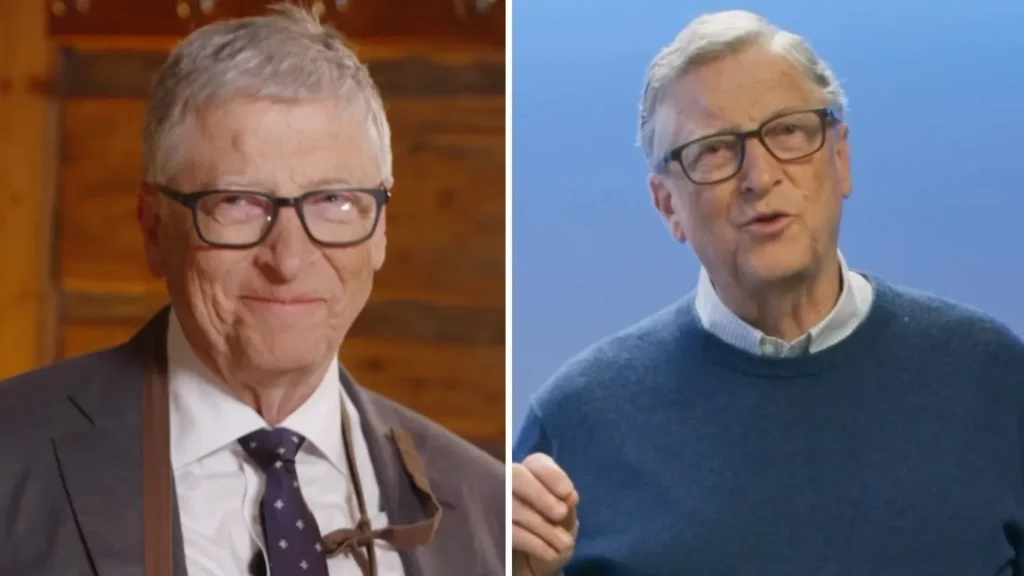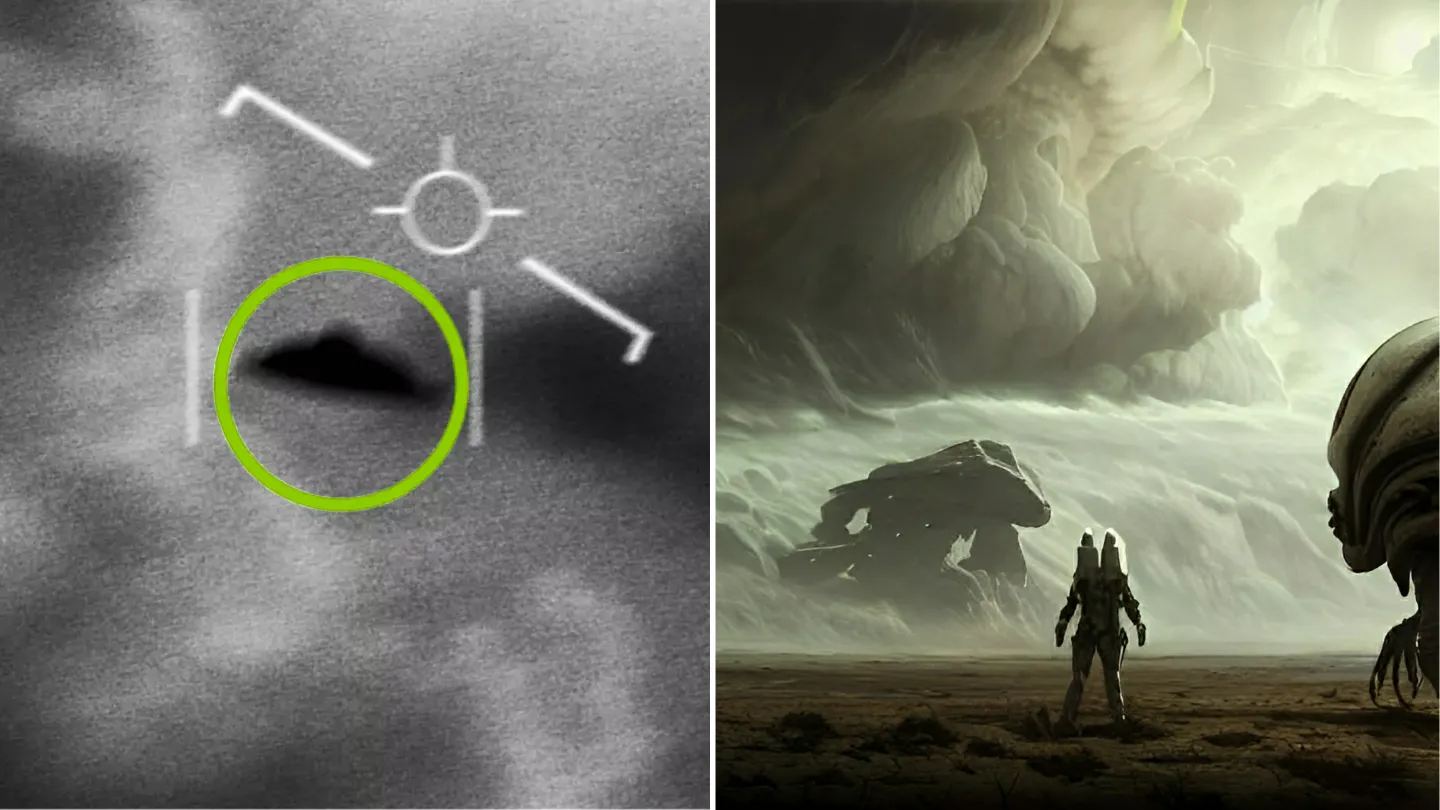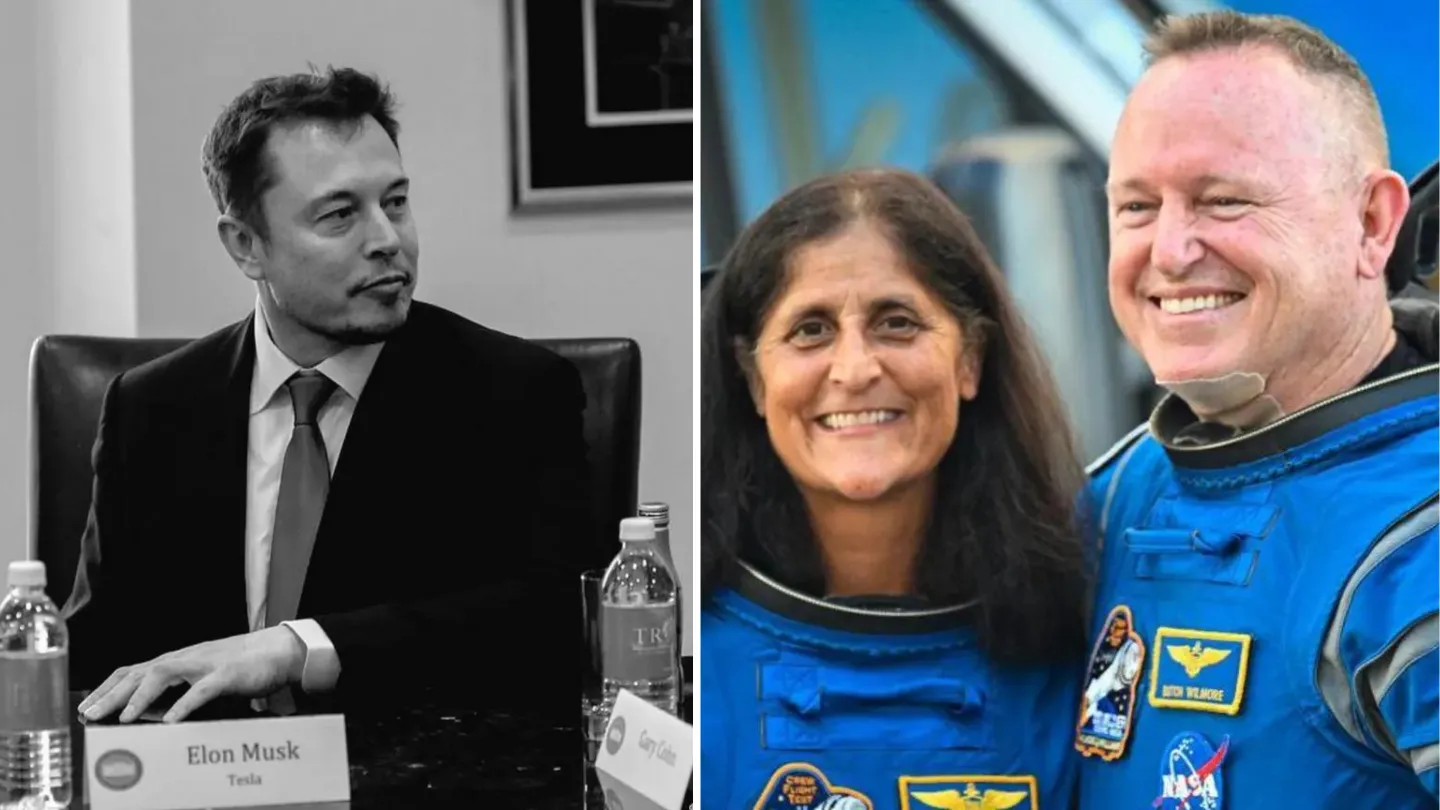People in the technology industry have long recognized Bill Gates as one of the most forward-thinking individuals. As a co-founder of Microsoft, his impact on the digital age is unquestionable.
What may be even more astonishing than his contribution to building modern technology is his extraordinary ability to foresee the future. In 1999, Gates released “Business at the Speed of Thought”, a book in which he made 15 daring predictions about the future.
Some of these ideas appeared far fetched at the time, but they have all come true with remarkable accuracy throughout the years. While many people claim to be able to foretell the future, few have done so with the precision that Gates displayed in his book.
His findings, especially given that technology was still in its early phases, are nothing short of astonishing. Today, his forecasts serve as a road map for the advancement of technology and its integration into our daily lives.
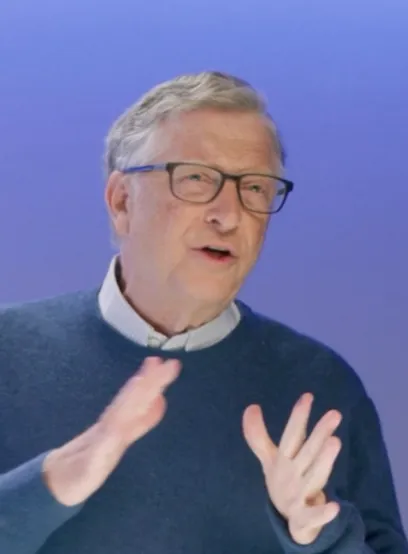
But what did Gates foresee? And how have his thoughts influenced the world we live in now? Gates’ predictions have gradually come to reality over the last 25 years, rather than being revealed all at once.
As the world has evolved, his predictions have grown increasingly connected to how we do business, communicate, and entertain ourselves. Gates predicted the integration of technology into practically every aspect of our daily lives, from mobile devices to online banking, project management software, and social media
The accuracy with which these predictions have come true is nothing short of astonishing, and it’s worth investigating how each one has manifested.
1. Price Comparison Sites
Gates predicted the development of automated price comparison services, which would enable customers to compare prices from various websites and select the best deal.
Today, sites such as “Google Shopping”, “Kayak”, and “Moneysupermarket” enable customers to do just that, making it simple to compare costs and discover the best bargain across industries.
2. Mobile device
Long before the iPhone or Android smartphones, Gates imagined a world in which people carried little gadgets that enabled them to remain in touch, check the news, manage flights, and conduct electronic transactions from anywhere.
We now live in a world where smartphones, tablets, and smartwatches are indispensable, allowing us to access news, information, and business prospects at any time.
3. Online Finance
Bill Gates predicted that consumers would use the internet to pay bills, manage their finances, and even connect with doctors.
This has become a reality with the rise of online banking, mobile payment systems like “Venmo” and “PayPal”, and telemedicine services like “ZocDoc” and “One Medical”, which enable patients to consult with doctors remotely.

4) Personal Assistant
While Gates did not mention specific devices, he rightly predicted the rise of personal assistants that synchronized with other devices to manage daily duties.
His prediction of “personal companions” capable of monitoring email, notifications, and making smart recommendations has come true through virtual assistants such as “Amazon Alexa”, “Google Assistant”, and “Apple’s Siri”
These gadgets can now manage schedules, control smart homes, and give personalized information using simple voice commands.
5) Home Monitoring System
Gates predicted that continuous video feeds from homes would become popular, allowing homeowners to monitor visitors even when they were not there.
Today, technologies such as “Ring”, “Nest”, and “Canary” offer real-time video feeds and alert homeowners to movement at their front doors via mobile apps.
6. Social Medi
There was no such thing as social media back in 1999. However, Gates projected that private websites for friends and family will enable individuals to communicate and plan events.
While “Facebook”, “Instagram”, and “WhatsApp” are not private websites, they serve a similar purpose by allowing users to stay in touch with friends, family, and even big communities via posts, messaging, and event planning.

7.Automated Promotional Offers
Gates envisioned software that would manage customers’ travel reservations and recommend activities, discounts, and deals depending on their destinations.
Today, travel websites such as “Expedia”, “Kayak”, and even Google’s ad systems provide personalized suggestions based on user data, recommending local activities, events, and discounts that are specific to travelers.
8. Live Sports Discussion Websites
Before social media existed, Gates predicted platforms where users might debate live sporting events and even vote on results.
“Services will allow you to discuss what is going on live,” he anticipated. Today, social media sites such as “Twitter” and “Facebook” are popular locations for fans to engage in real-time discussions about their favorite teams, and some platforms have even experimented with live streaming games.
9. Smart advertising
Gates anticipated that devices would provide smart advertising based on user preferences and spending habits.
This ideal has become a reality, with corporations such as Google and Facebook utilizing powerful algorithms to target ads based on specific user data, ranging from browsing history to previous purchases.
10. Links to Sites During Live TV
Gates predicted that television broadcasts would include links to relevant websites and additional content to supplement what viewers were watching.
Today, advertising often encourages viewers to visit websites, follow brands on social media, or scan QR codes for more information. Almost every television advertisement now contains a digital call to action.
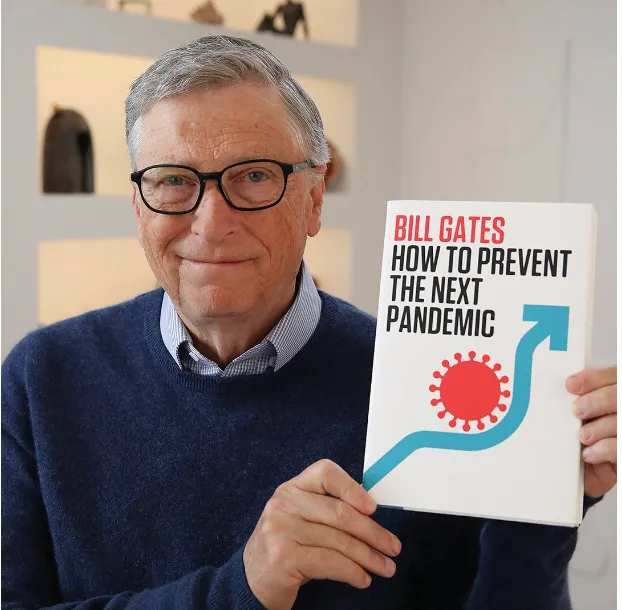
11. Online discussion boards
Gates envisioned internet forums where individuals could discuss local politics, growth in cities, and safety.
This forecast has come to reality thanks to apps like “Nextdoor” and “Citizen”, which allow residents to discuss local issues and stay up to date on neighborhood events.
12. Interest-Based Online Communities
Gates predicted that online communities would be united not by geography, but by common interests.
Today, sites like “Reddit” demonstrate this prediction, with users building communities (known as subreddits) based on specific interests rather than their actual location.
13. Project Management Software
Gates anticipated the creation of project management software that would enable managers to form teams and allocate tasks online.
Platforms such as “Slack”, “Asana”, “Trello”, and “Microsoft Teams” are becoming important tools for workplace efficiency, allowing for global remote collaboration and team management.
14. Online Recruiting
Gates projected that people would find work online by identifying their talents and qualifications.
This has been made possible by platforms such as “LinkedIn”, which allow job seekers to post resumes and recruiters to identify applicants based on their skills and preferences.
15. Business Community Software
Finally, Gates envisions software that allows businesses to bid on projects or outsource services.
Today, platforms such as “Upwork” and “Fiverr” have transformed freelancing by enabling organizations to identify and hire specialized talent for specific tasks.
In retrospect, Bill Gates’ forecasts were not only accurate, but also remarkable.

His views helped form the world we live in today, where technology dominates every aspect of our lives. Gates didn’t just forecast the future; he saw a world in which technology would bridge gaps, simplify life, and link people in ways we couldn’t have imagined at the time.
What will the next twenty-five years bring? If Gates’ track record is any indication, we should pay close heed.
Feature Image Credit: (Instagram/@thisisbillgates)

